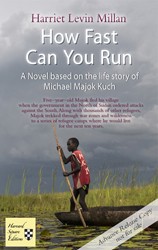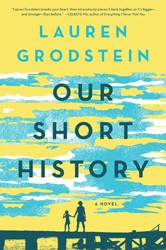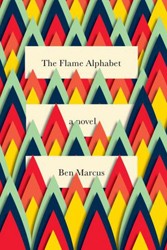Yann Martel’s new novel delivers a hefty punch-in-the gut and when you catch your breath and your vision clears, the landscape around you has irrevocably changed. The ground beneath your feet is a black and white striped shirt, concentration-camp style, and wild animals are the repository of all the world’s wisdom, pathos, and glory.
Henry, an author who has struggled to write a book on the Holocaust following a successful earlier novel featuring wild animals (yes, it sounds suspiciously like Martel, himself) meets another Henry, a taxidermist who is writing a play and wants help with articulation and language. The play is an absurdist-Beckety-sort-ofthing of spare magnificence which speaks as eloquently between its lines as it does in its finely wrought speeches. The play’s protagonists are a donkey and a howler monkey named Beatrice and Virgil with allusions to Dante undisguised. The animals bear life’s suffering with philosophical forbearance, with courage, patience, and hope. The few humans portrayed are nothing more or less than bestial. At issue here are history and revision, theater and reality, compassion and cruelty, loyalty and betrayal, the law of the jungle and the civilization of man.
How do we find a vocabulary for the Holocaust, Martel asks. We need to speak about it to remember it and transmit the memories on but if language is inadequate for the task, where do we turn? In this subtle and most unusual treatment of the Holocaust lies great wit and wisdom and an oblique approach to the subject that makes us sit up and take notice anew.
Michal Hoschander Malen is the editor of Jewish Book Council’s young adult and children’s book reviews. A former librarian, she has lectured on topics relating to literacy, run book clubs, and loves to read aloud to her grandchildren.





